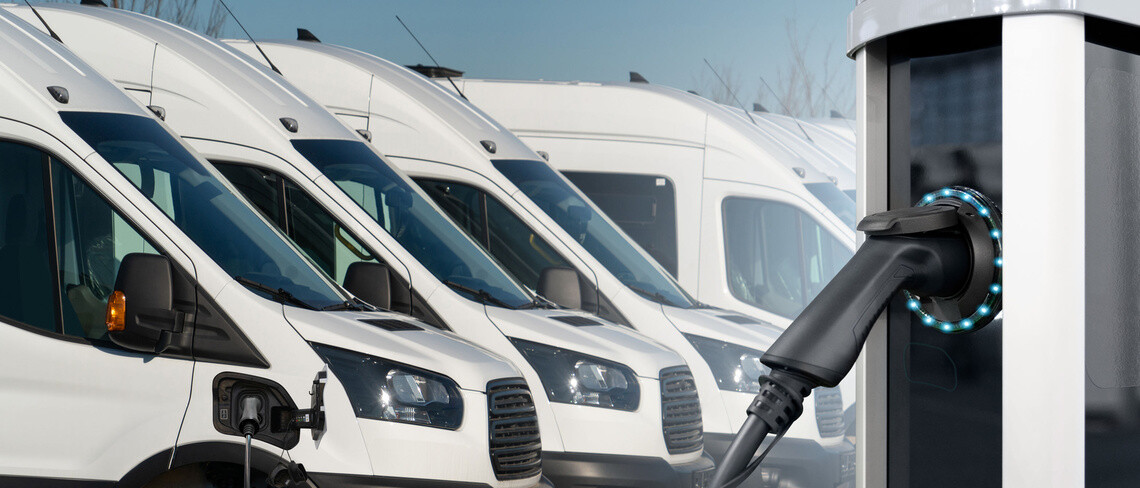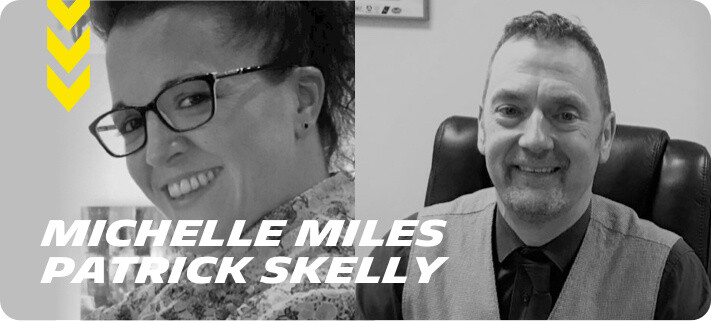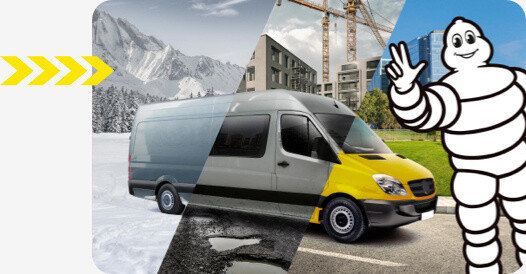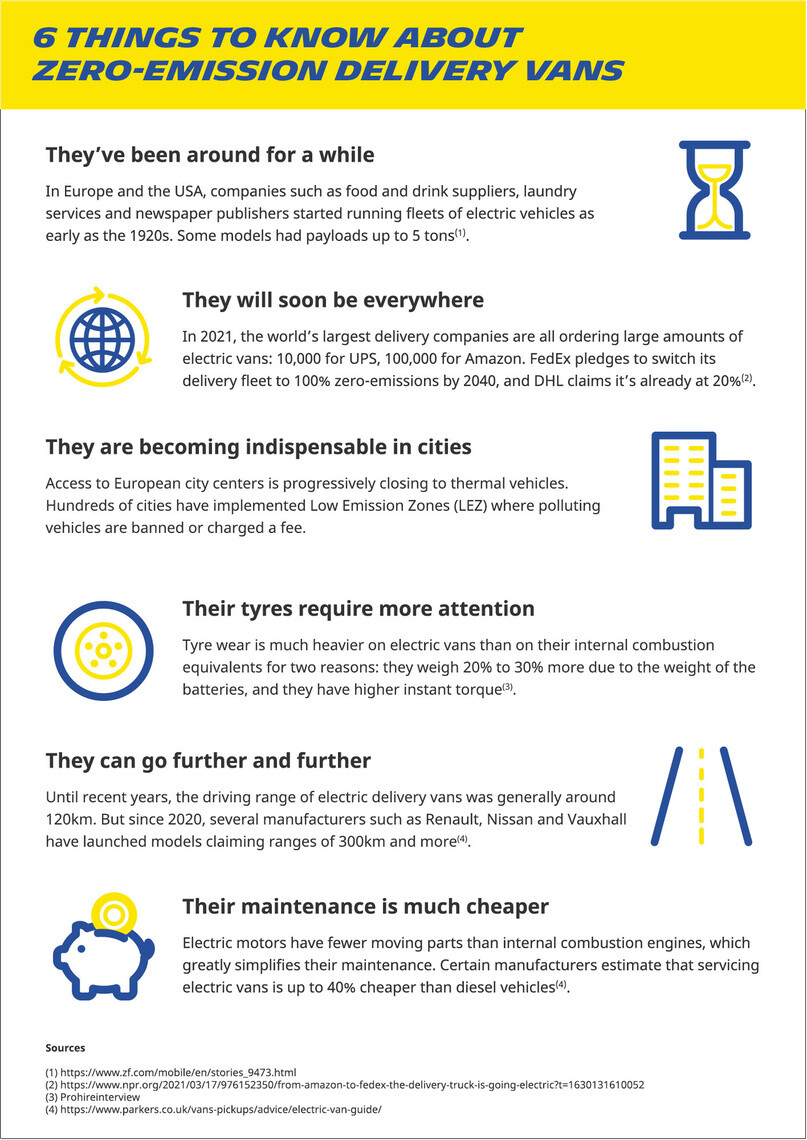
alternative fuels
Prohire is one of the UK’s largest commercial vehicle fleet management companies, serving sectors ranging from foodservice to waste management, logistics and retail. A strong believer in alternative fuels, the company created ProGreen, a division entirely dedicated to carbon-free delivery vans.

mag3 spotlight portrait
Micheles Miles, head of ProGreen; Patrick Skelly, CEO of Prohire
We asked Michelle Miles, the head of ProGreen, and Patrick Skelly, Prohire’s CEO, to give us their point of view on the state of the market and technologies when it comes to alternative fuel-powered delivery vans.
Is the delivery van market ready to move away from diesel?
Michelle Miles: There has been a massive change with Covid, a switch in people’s perceptions. They started paying more attention to what was going to happen in the future and companies accelerated on their Corporate social responsibility (Capital CSR) angle. Today, it isn’t about early adopters anymore: businesses are moving forward transitioning their fleet.
Patrick Skelly: We started planning the development of our electric vehicle offer in 2019 and created ProGreen in 2020. Nowadays, there are literally no companies that aren’t involved in one way or another in reducing their carbon footprint and improving their CSR angle, most of the time through electrification. But many don’t know where to start the journey.
Today, it isn’t about early adopters anymore: businesses are moving forward transitioning their fleet towards electric vehicles.
Michelle Miles, Head of ProGreen
Your job is also to make recommendations for your customers, then?
M.M.: Absolutely. One thing we’re very proud of is that we can go beyond just supplying a vehicle. We have the knowledge and experience to support our customers with infrastructure choices (installing chargers, fuel tanks, etc.), inform them about vehicle specifications… That way, they don’t have to deal with ten different suppliers.
What proportion of your fleet is electric today?
P.S.: About 10%. A year ago, it was only 1% and I’m expecting the same tenfold increase within the next year or so. Capex is high, sometimes as much as three times the price of a gas vehicle, but part of our job is helping companies figure out the numbers: sometimes switching to electric costs close to nothing.
You mean the savings can completely outweigh the price of an electric vehicle?
P.S.: It all depends on vehicle usage. We provide bespoke estimates using our in-house telematics software to provide a cost estimate of converting from diesel to electric, along with advice on the best suited solution in terms of range, power, etc. In London for example, when you factor in the Congestion charge (which low emission vehicles don’t have to pay) and fuel savings, it’s not just cheaper to go electric, the cost of the vehicle can be completely counterbalanced.
Everyone is jumping on the electric vehicle bandwagon, but we’re not limited to that technology.
Patrick Skelly, CEO of Prohire
So local regulations are a strong incentive for delivery companies to switch to electric?
P.S.: Yes. Congestion charges and low emission zones are being implemented in many UK and European cities, so it’s not just a question of cost; the access to city centers is in question for thermal vehicles in the near future.
Electric vehicles are the most advanced low-carbon technology, but not the only one…
P.S.: Everyone is jumping on the electric vehicle bandwagon, but we’re not limited to that technology. We work with suppliers in a wide range of technologies, so we have a full viewpoint of what’s available. To me, hydrogen is the future.
M.M.: The thing is, you’ve got to change mindsets and technologies that have been in place for decades. It’s an entirely different way of thinking. But there’s a new breed of Environmental, Social, and Corporate Governance directors (ESG) in businesses today. They are the driving force for the switch to alternative fuels.

mag3 spotlight highlight
MICHELIN Agilis vans range: your business requires it!
Whatever your line of business and the environment in which you work, one thing is certain: you cannot allow wet, slippery or snow-covered roads to put your activity at risk.
This is why we developed the MICHELIN Agilis range:
to satisfy all your everyday requirements and enable you to make the right choice for your light trucks and vans.
6 things to know about zero-emission delivery vans

mag3 spotlight memo

gettyimages 930571046
car going fast on a road by night





